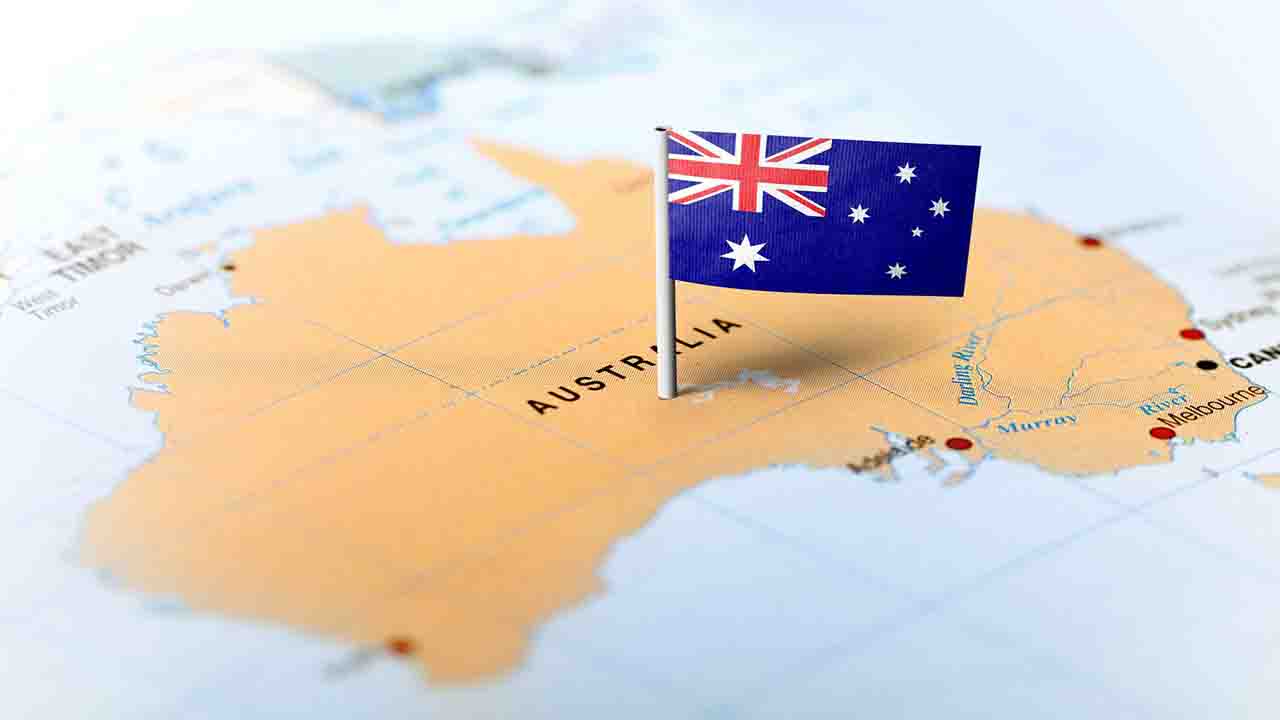In a recent general election, New Zealand’s opposition National Party secured a decisive victory, marking a significant shift in the country’s political landscape. The ruling Labour Party witnessed a substantial decline in support compared to the previous ballot in 2020, largely attributed to perceived shortcomings in implementing impactful reforms amid an economic downturn.
Christopher Luxon, the leader of the center-right National Party, is poised to assume the role of the next Prime Minister, succeeding the incumbent Chris Hipkins, who officially conceded defeat. With over 98 percent of the votes tallied, the New Zealand Electoral Commission projects National to secure 50 seats, while Labour is set to win 34.
Addressing supporters at a party event in Auckland, Luxon expressed confidence in National’s ability to form a government in collaboration with the right-wing ACT Party. Their projected combined majority of 61 seats, the minimum required in the 120-seat parliament, reflects a mandate to forge a new path forward. Luxon outlined key priorities, including revitalizing the economy, reducing the cost of living, and prioritizing law and order.
However, the support of the populist New Zealand First Party, led by former Deputy Prime Minister Winston Peters, may prove instrumental if National and ACT fall short of the 61-seat threshold once all votes are accounted for. New Zealand First has played a pivotal role in government formation on three previous occasions, aligning with both National and Labour.
The Labour Party’s representation has nearly halved since its landslide victory under former Prime Minister Jacinda Ardern in 2020. This decline can be attributed to mounting concerns regarding the cost of living, escalating crime rates, and a perceived shortfall in delivering on pledges related to housing, infrastructure, and healthcare.
Recent economic projections from New Zealand’s Treasury indicate a prolonged period of sluggish growth, with an anticipated rise in unemployment over the next two years. Analysts posit that widespread apprehension about the nation’s future has cultivated an atmosphere conducive to change in the political landscape.
The electoral system in New Zealand employs a mixed-member proportional voting system, wherein each voter casts two ballots: one for a political party and one for a local candidate.
In January, Chris Hipkins assumed office as Prime Minister following Jacinda Ardern’s resignation from politics. Luxon, a former executive at Unilever and erstwhile head of Air New Zealand, entered politics in 2020 and ascended to the leadership of the National Party in 2021.
According to the Electoral Commission, a staggering 90.5 percent of the estimated eligible population, totaling 3.8 million people, were registered to vote in this pivotal election.








